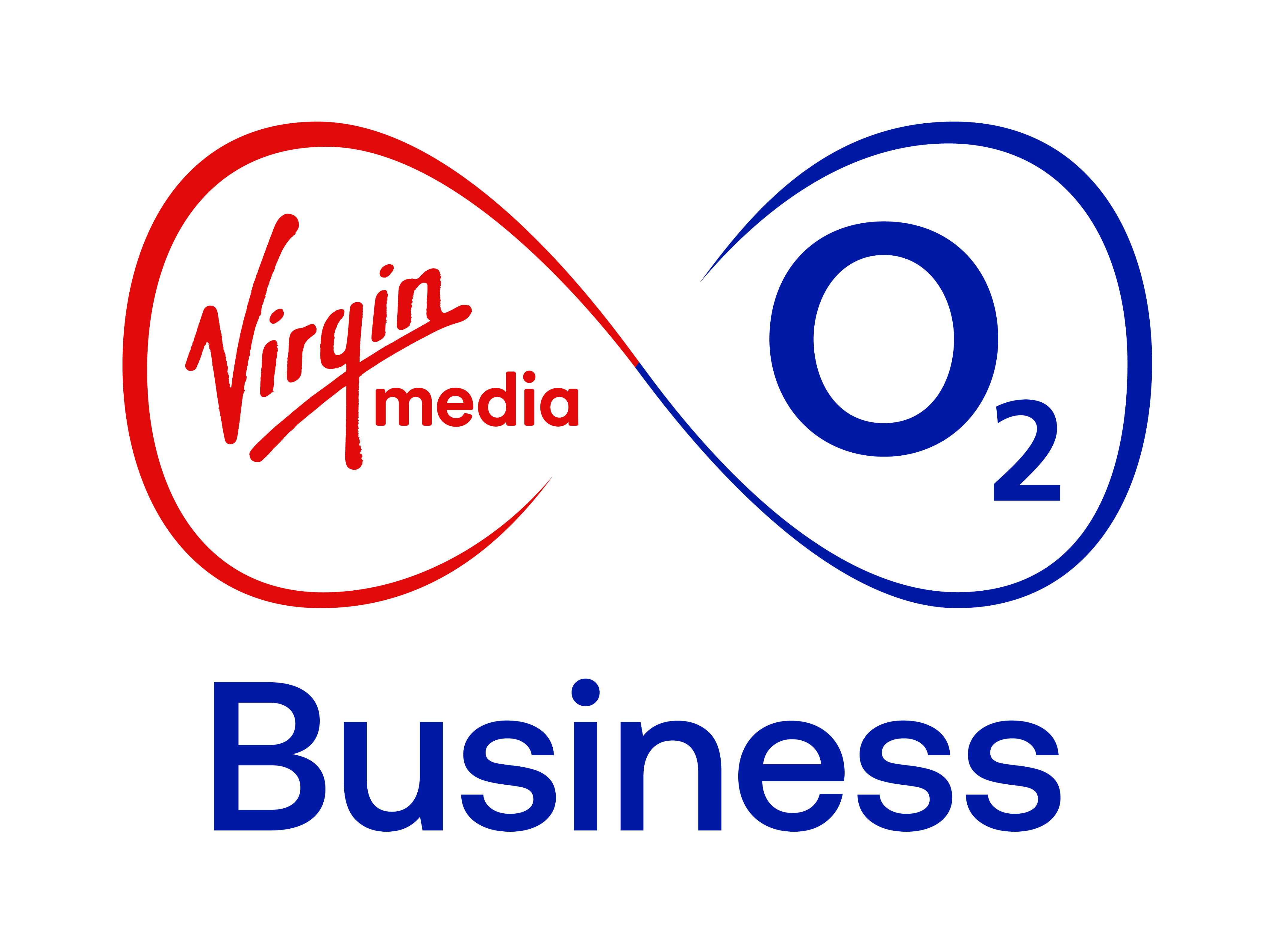
How can organisations help the UK to reach it’s ambitious net-zero targets if their leaders don’t know their full impact on the environment?
It’s a question that businesses across the country have been grappling with for years. And with the government set to make environmental reporting requirements more stringent by endorsing the first Sustainability Disclosure Standards, it’s critical that decision-makers can answer it.
The key to reducing your environmental impact is to first be able to measure it. Yet many organisations struggle to do so.
Together with Censuswide, Virgin Media O2 Business surveyed 1,200 UK workers, from decision-makers to junior staff, to understand the environmental, social and corporate governance (ESG) challenges that organisations are facing today. We found that 57 per cent of UK business respondents say they could improve their tracking and the measurement of their progress towards their ESG goals.
And 61 per cent of consumers consider it important for companies to be transparent about their carbon footprint and environmental impact when making purchasing decisions, showing that businesses need to be rigorous about backing up their ESG claims with hard data if they are to retain customer loyalty.
So how can businesses ensure that their ESG strategy is making a measurable difference?
Establish a reliable supply of environmental data
Sixty-six per cent of UK business respondents say limited availability of sustainability data and difficulty verifying that data are challenges for their organisation. But it can be hard to establish a reliable supply of environmental data from your business. The challenge here is ensuring you have buy-in from every facet of your business on the importance of recording and communicating your ESG activity.
For Steve Packer, head of ESG and sustainability at the Royal National Institute for Blind People (RNIB), this was a source of complication. The RNIB has found it tricky to standardise “how we’re going to record this information and at what frequency”, he says.
Things are complicated further when you consider scope 3 emissions – those that come not from your own business, but from your supply chain. For many businesses, this type of emission accounts for more than 70 per cent of their carbon footprint, according to Deloitte. So it is essential to take them into consideration.
Leaning on your suppliers more to share their sustainability data will ensure you understand the full breadth of your emissions.
Get equipped with the right tools
As carbon footprint information becomes an increasingly important criteria when making new investment decisions, we’ve introduced our carbon calculator tool to give you an understanding of the carbon impact of some of our most popular business solutions before you commit.
Our calculator is based on a model that has been verified by the Carbon Trust as conforming to the Greenhouse Gas Protocol Product Lifecycle Standard*, giving you confidence to make the best investment choices for your business and the carbon transparency you can rely on for your own environmental data reporting.
It is data like this that is helping Naomi O’Neill, head of IT governance at the engineering and infrastructure services provider Amey, make measurable progress towards her company’s ESG goals. “We need to demonstrate what we’re doing from an ESG perspective,” she says. “We need to show current and potential new clients how serious we are about this.”
Carbon footprint data can make the difference between discussion and real action when it comes to a business’s ESG strategy and environmental impact.
Work across your supply chain to create less waste
An often overlooked way to make progress to net zero, and encourage your suppliers to do the same, is to minimise your electronic waste (e-waste).
E-waste is the fastest growing waste stream in the UK, according to the World Health Organisation. So initiatives that can make a difference are crucial.
For example, O2 Recycle for Business exists to tackle the issue of e-waste. This scheme helps organisations reduce their e-waste and give back to communities by taking old devices and recycling them.
The initiative operates on a zero-landfill policy, so all phones will be reused, repaired or recycled. By the end of 2025, we will recycle 95 per cent of this waste responsibly and fulfil ten million circular actions.
The initiative is founded on the idea of the circular economy, which is when resources that would previously go to waste are recycled and kept in a cycle of use for longer, reducing the overall strain on our resources. In fact, industries adopting a circular economy approach could generate cost savings of over £500bn a year, according to McKinsey.
By handling the donation on our customers’ behalf at no extra cost, we take the pressure off them while allowing them to initiate circular economy practices and prove their commitment towards their ESG goals.
The key here is to realise that environmental impact isn’t an obstacle to the progress of a business. In fact, it’s an opportunity to positively influence it with robust and verified measurement and retain the loyalty of its employees and customers.
Ready to take the step towards measurable action? Explore more of our research findings on our sustainability hub, or get in touch with the team to start a conversation.
*Model outputs do not constitute a verified product/organisation footprint.
[See also: Pierre Friedlingstein: There are no “magical climate solutions”]




